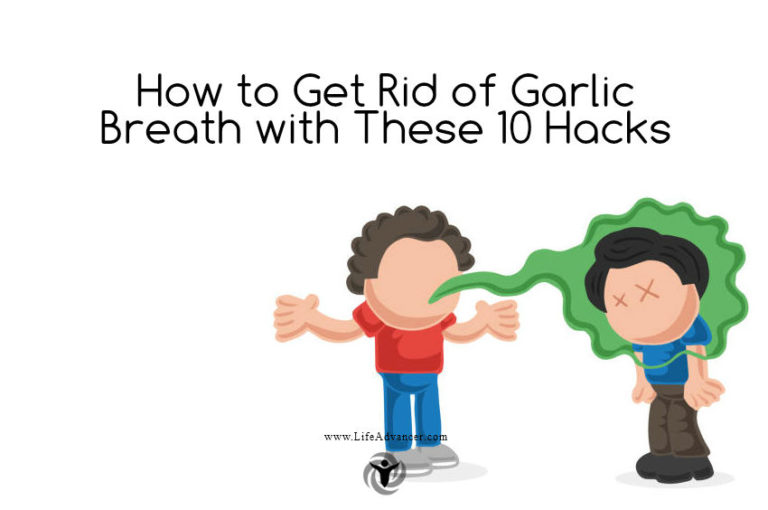Intuitive eating is the process of tuning into your body’s unique needs for specific foods and nutrients. How can you benefit from it?
The word ‘diet’ is enough to make anyone shudder. Keeping to a strict regime of low calorie, low fun food can be so much harder than it needs to be. Instead, to really make the difference to our health, we need to start listening to a bit harder to what our bodies are telling us they need. This is what you call intuitive eating.
Intuitive eating is the process of tuning into your body’s unique needs for specific foods and nutrients. Thus, you’re eating exactly what your body needs and avoiding things which may make us feel a bit worse off.
Now, it is definitely not an overnight process. Intuitive eating means listening to what your body is telling you, so your diet can change from day to day and this can be a fast learning curve. Your diet this week can look entirely different from your diet next week, but if you stick with it, your body will be thank you for it.
How to Practice Intuitive Eating
1. Refinement:
Different foods make people react in different ways. Gluten and grains may be just what you need to maintain your energy levels but for others, it can increase inflammation and cause digestive issues.
The key is to define what makes you feel good versus what you enjoy. You might enjoy eating cookies all day, but you may pay a toll for this later. Take some time to engage with your body to learn what it needs at different times; what makes you feel good and what doesn’t.
2. Recognize stress eating:
When we are stressed, we increase our production of Cortisol, the hormone which promotes insulin production. This can leave you craving carbs and sugar as a quick burning food which may temporarily increase energy levels.
Don’t confuse stress cravings with actual cravings and try to stick to slow release carbohydrates when you’re stressed, as this will regulate your energy levels throughout the day, avoiding the inevitable sugar crash.
3. Understand your needs may change:
Women, in particular, go through a lot of hormonal changes and this can take a huge toll on energy, cravings and what your body needs. If you’re keen to exercise, understand that your body will need more complex carbohydrates to maintain the muscle gain.
If you’re pregnant or breastfeeding, healthy fats are incredibly important to support the development of your baby. The bottom line is to recognize the changes in your body and adjust to what your body needs at that time and nourish yourself with the right kinds of foods.
4. Skip the snacks:
As the month goes on, there are constant hormonal changes going on for both men and women, and it can be really hard to keep it under control. The key is to understand what’s going on and how to feed your body what it’s really asking for, rather than what it thinks it wants.
Experts believe that low progesterone levels coupled with high estrogen levels are what cause the sugary cravings we experience at least once a month, but there are ways to curb these cravings. Exercise is a major factor in regulating our hormones and keeping sugar cravings to a minimum.
Eating more complex carbohydrates, which are eventually broken down into sugars, can help to maintain energy levels and reduce the number of quick acting sugars our bodies crave.
5. Don’t restrict yourself:
If you’re having a really bad craving, however, don’t be afraid to indulge yourself. This isn’t about dieting, but about getting the best you can out of what you eat. Some treats here and there is perfectly allowed.
In fact, occasional treats can make it easier to ‘diet’, because it makes it easier to stick to something when we get things we enjoy.
6. Listen, Experiment, Adjust:
There is no absolute formula for intuitive eating because everyone’s body is so magnificently unique. Experiment with different foods and track how each food makes you feel, both emotionally and physically. Add a new food into your diet every few days and keep track of how you feel once it has been introduced.
Similarly, try cutting something out and see how your body reacts without it. Your body will naturally tell you exactly what it needs and what it doesn’t want, all you have to do is listen.
Food is so important, and we can form strong emotional connections with foods and diets. It is essential that we enjoy our food, and that is what intuitive eating is all about.
Rather than restricting ourselves to what we are or aren’t allowed, we should shift our thinking to what do I want? Or, what does my body really need? We’re still keeping our bodies in mind when we plan our meals, but we’re no longer measuring our waistlines.
Instead, we’re measuring how good different foods make us feel.
References:
By Francesca F.





I loved this article. I do a lot of these tips. I find this way of eating is the most beneficial for me and now I’m developing a wellness practice around this concept.